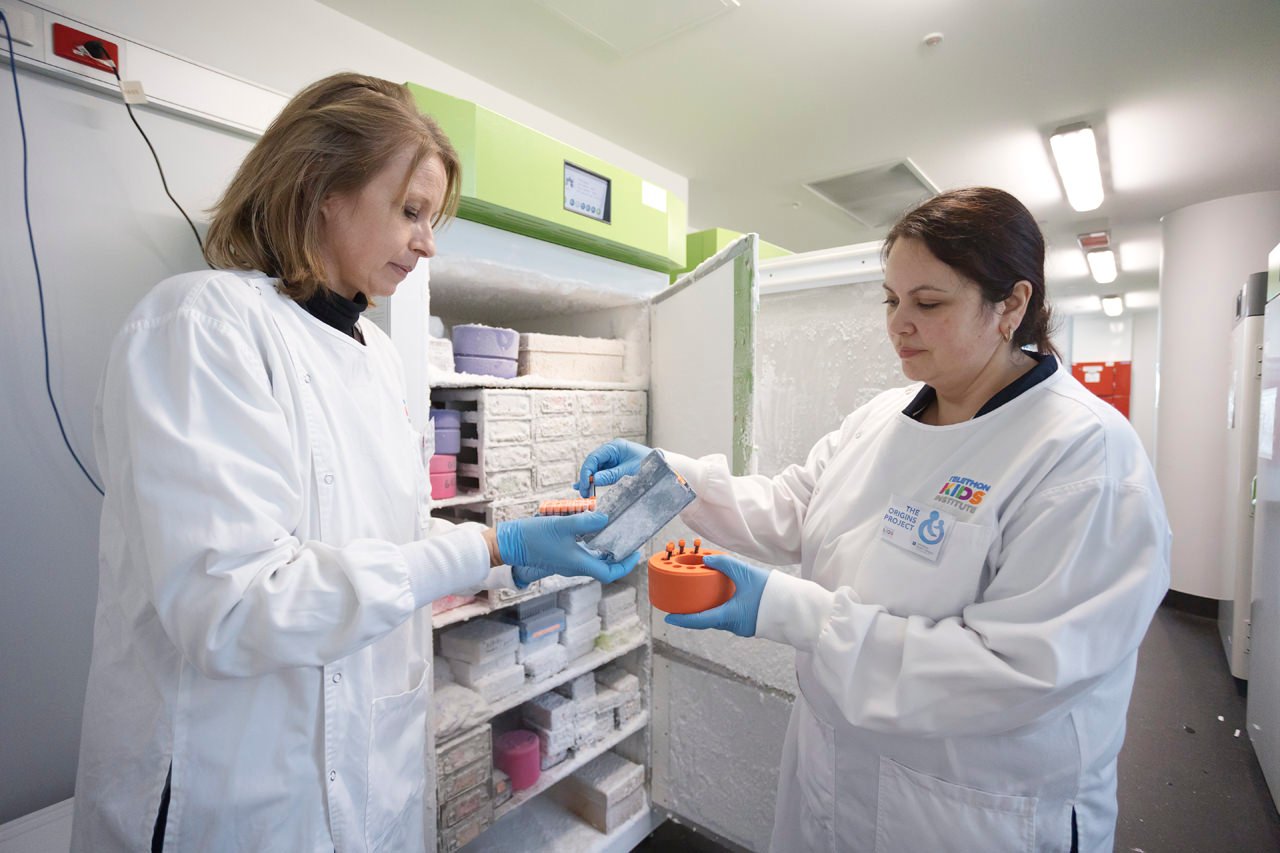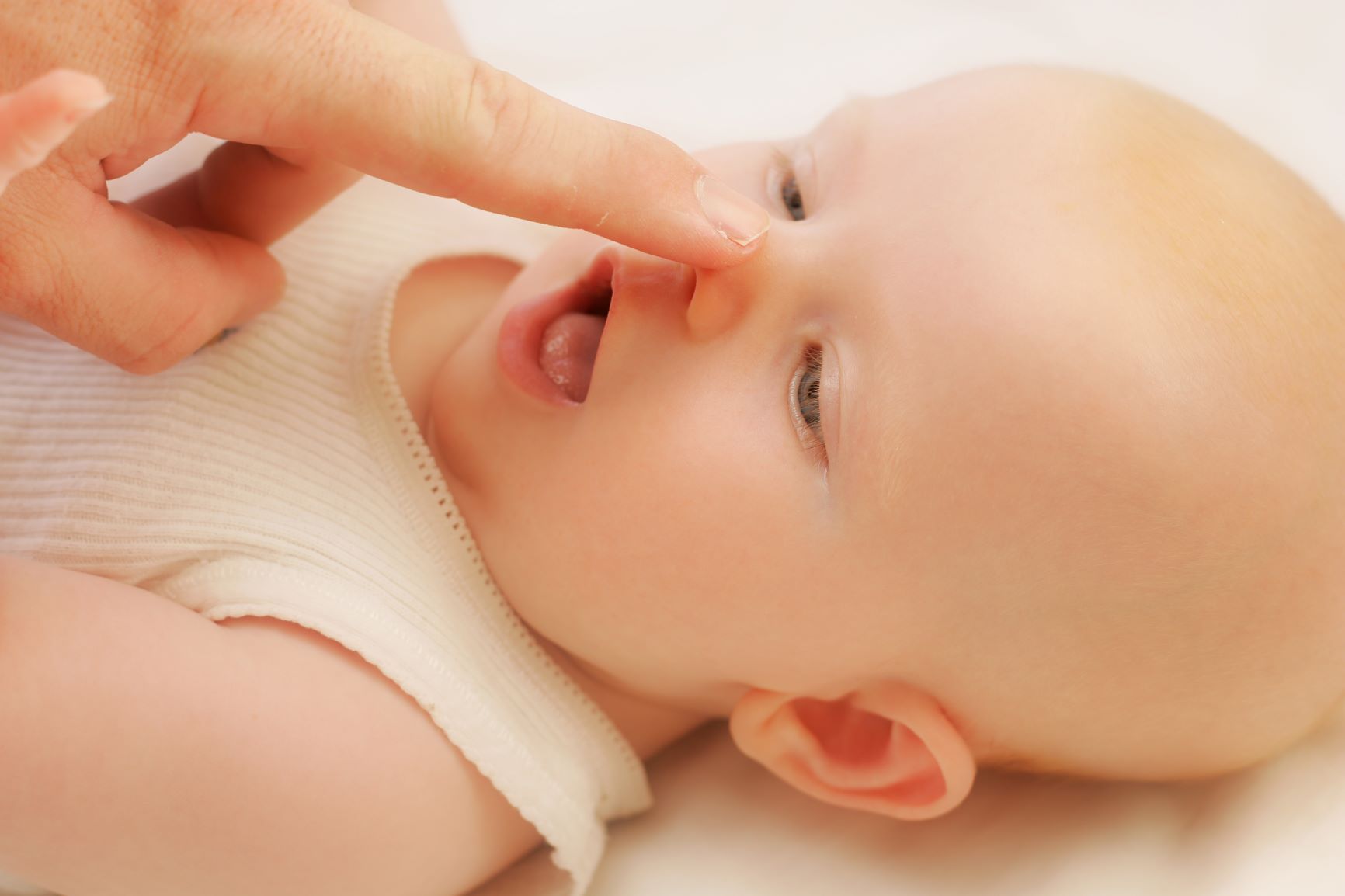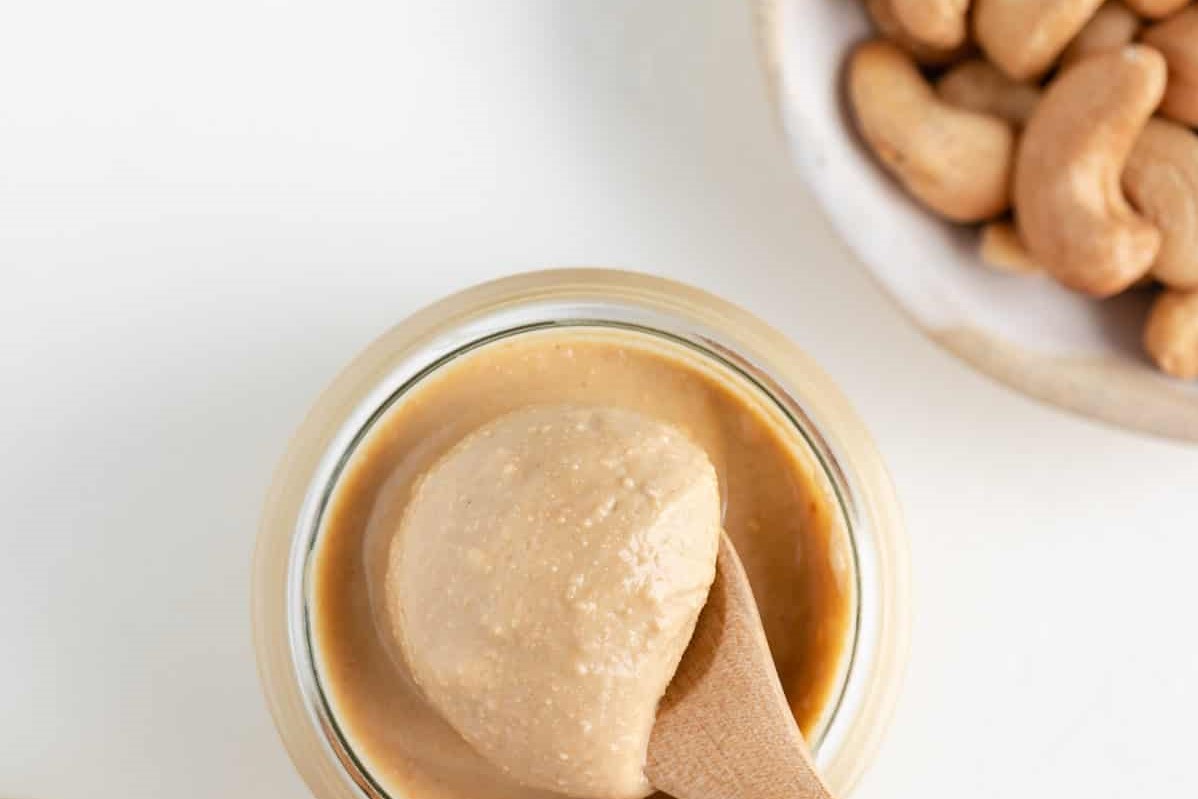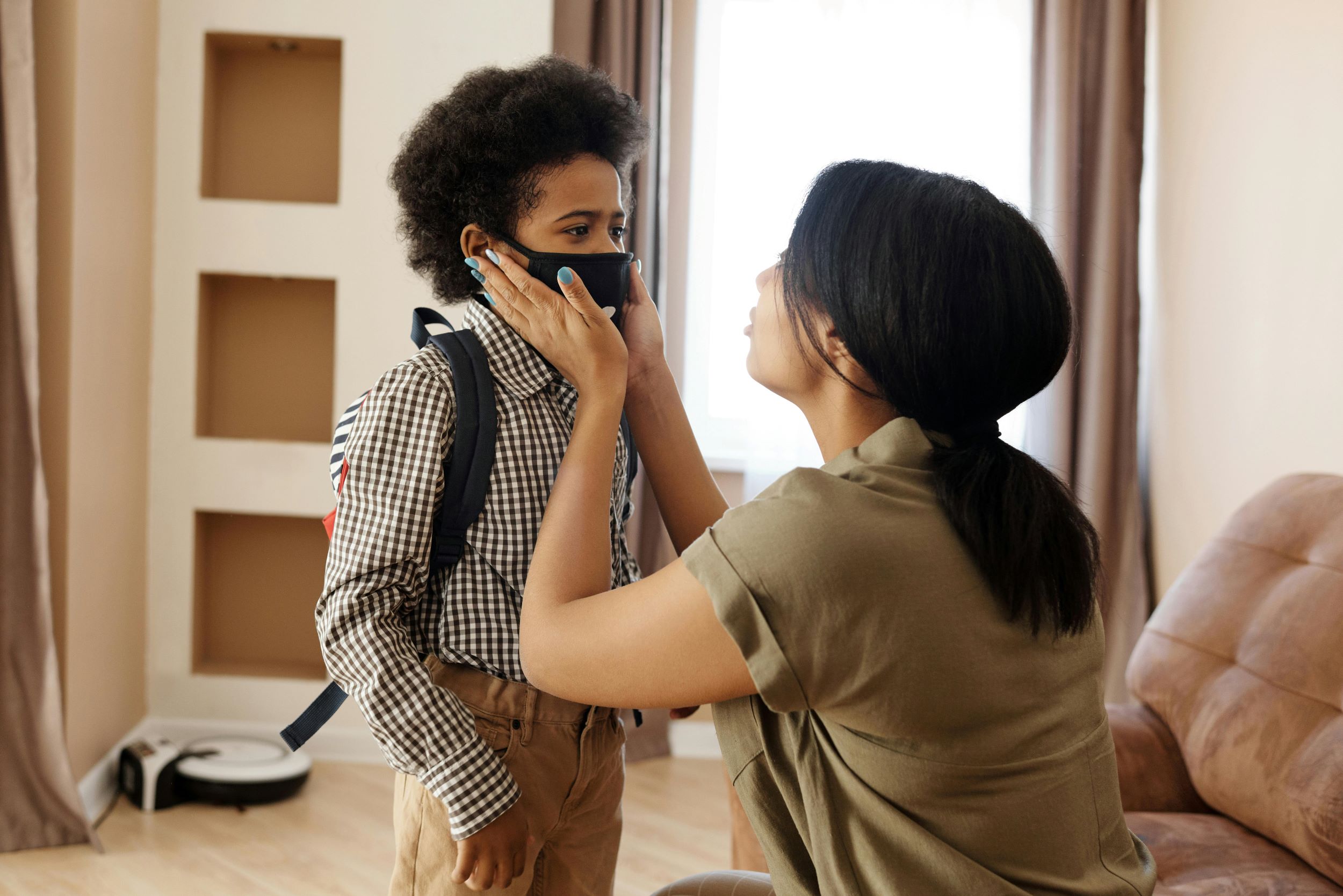Search

A step-by-step guide to collecting and returning ORIGINS samples
Get in Touch Dropping off a sample or attending a Kids Check appointment? Visit us at our Edgewater clinic. The Kids Joondalup Shop 51, Joondalup
Get in Touch Dropping off a sample or attending a Kids Check appointment? Visit us at our Edgewater clinic. The Kids Joondalup Shop 51, Joondalup
Get in Touch Dropping off a sample or attending a Kids Check appointment? Visit us at our Edgewater clinic. The Kids Joondalup Shop 51, Joondalup
Information about withdrawing from the study

Investigating the possible contributors to childhood lung disease by studying the epithelial cells from the nose at birth.

Does eating cashew nut spreads in the first year of life reduce the chances a baby will develop a cashew nut food allergy?

Assessing the virus transmission, immunity development and wellbeing of families during COVID-19

ORIGINS is fortunate to have a small passionate and dedicated group of longstanding volunteers.
Research
“Coronavirus Changed the Rules on Everything”: Parent Perspectives on How the COVID‐19 Pandemic Influenced Family Routines, Relationships and Technology Use in Families with InfantsThis study explores how the first wave of the COVID‐19 pandemic influenced family routines, relationships and technology use (smartphones and tablet computers) among families with infants. Infancy is known to be an important period for attachment security and future child development, and a time of being susceptible to changes within and outside of the family unit.
